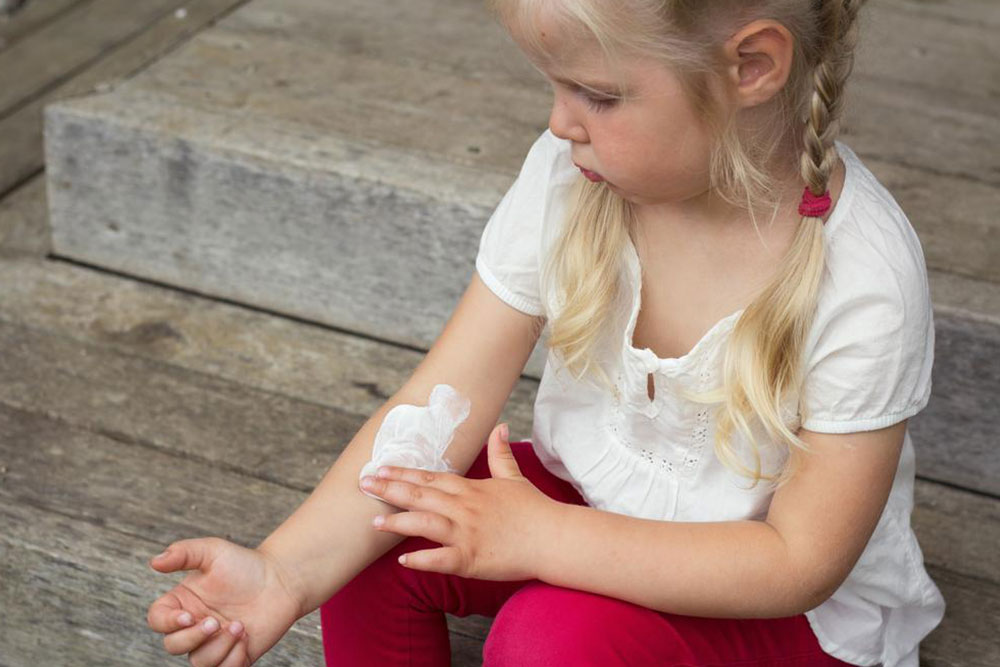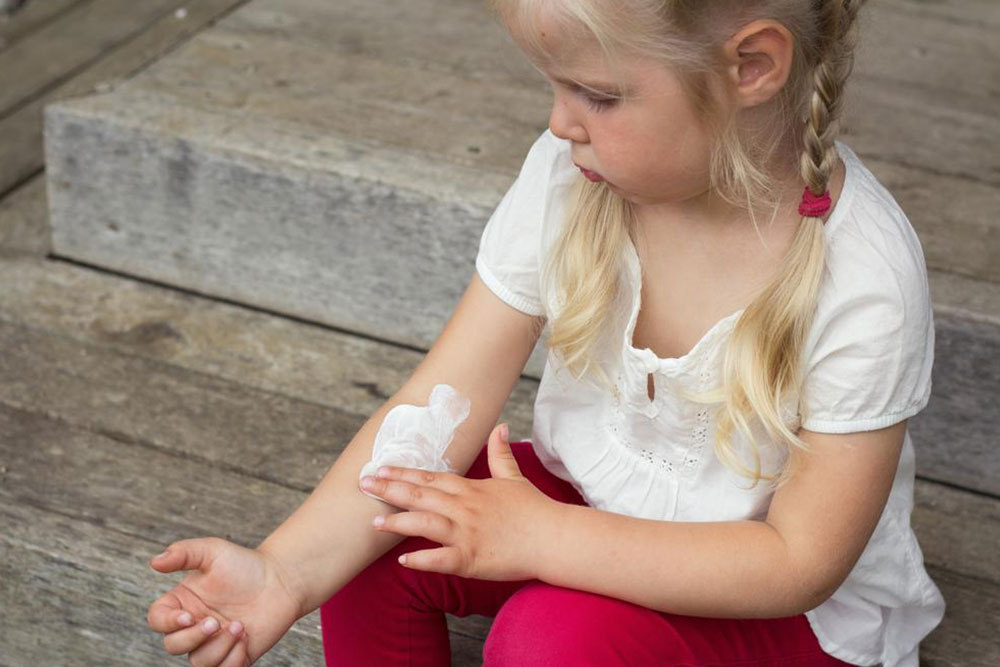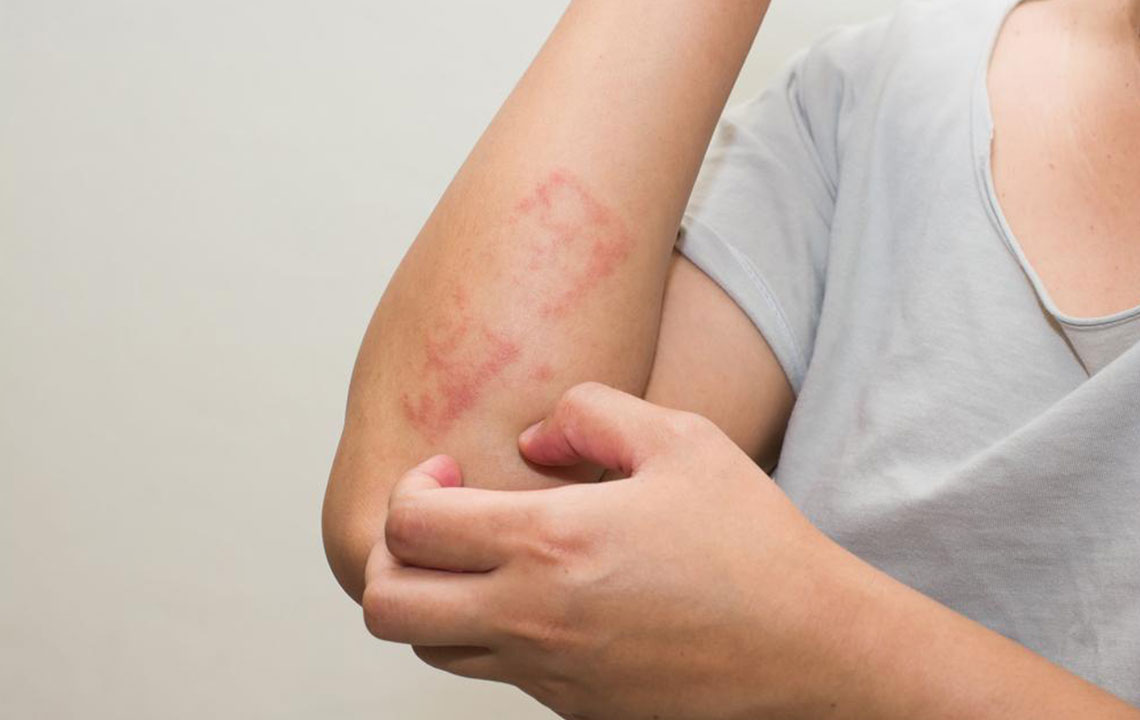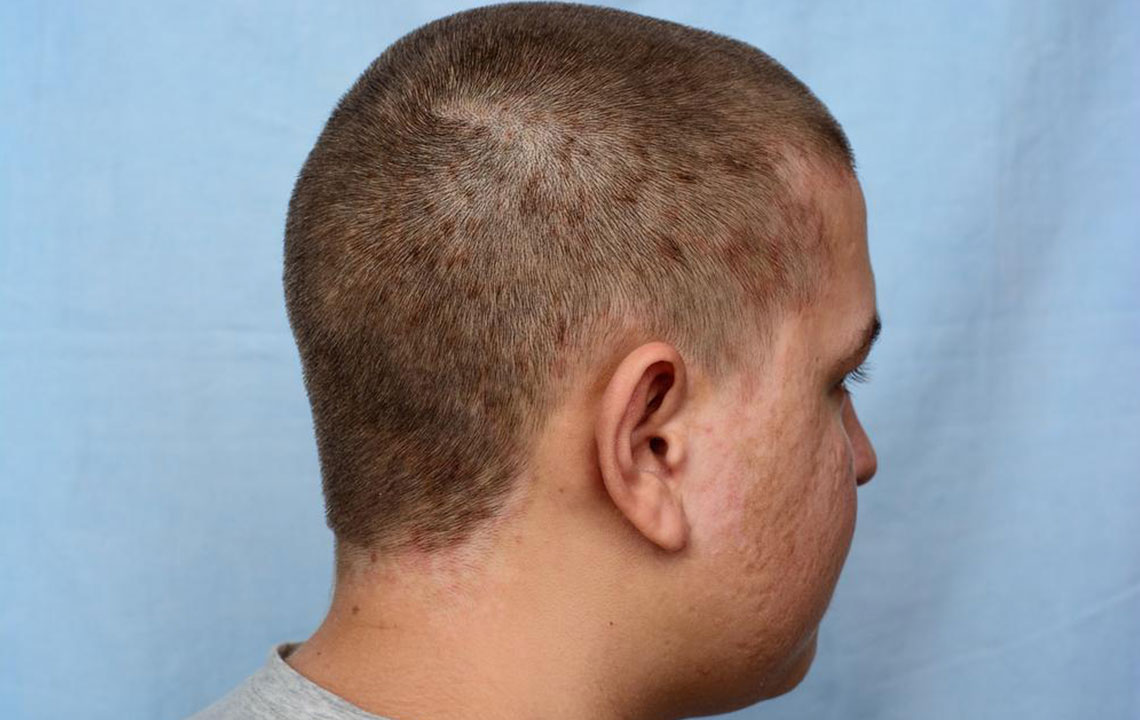Here’s how you can manage atopic dermatitis
Atopic dermatitis is a skin disease that forms an inflamed patch on the surface of the skin. This condition causes the affected area to come across as dry, rea and severely inflamed. Currently, there is no medication that is capable of completely curing this disease of the root and all an individual can do is treat it before it becomes worse. Moreover, it also increases the risk of being affected by other skin diseases.

This skin condition, like most other skin diseases, can have a significant impact on the life of an individual. The appearance of a patch on the skin is bound to have an impact on the physical and mental of a person. However, a patient can maintain a high-quality lifestyle through aware and open communication with the doctor. This chronic condition is not contagious and its symptoms can be brought under control through proper management. Here are a few management techniques that will help in improving and managing atopic dermatitis.
Frequent doctor’s visits – It is necessary that one visits the doctor from time to time. In most cases, ointments and topical treatments are prescribed and following up with the gynecologist will lead to successful treatment. Antibiotics too can yield great result as they can repair the skin from the inside. Also, presenting your doctor with pictures of a patient’s atopic dermatitis will help in understanding the change in condition.
Avoid rubbing and scratching – The affected patch of skin is dry and inflamed and will feel itchy but scratching the area can lead to aggravating the problem. Parents of kids with the condition will find it even more difficult to control constant rubbing. But keeping the kid’s hands busy through activities will help.
Allergens – Sensitive skin may be allergic to dust, mites, etc and although it may not cause atopic dermatitis, it can be a consequence. It is a good idea to keep away from allergens that one may think further causes skin irritation and aggravates the affect skin condition. If you think that pollens pose as an allergen to your skin, avoid coming in contact with substance altogether.
Food allergens – Food allergens too can make atopic dermatitis worse. These include foods such as eggs, peanuts, soy, wheat, fish, etc.
Avoid harsh soaps – Harsh soaps and detergents can further irritate the skin and cause worst skin problems. Make it a habit of using good-quality mild soap and bathing in lukewarm water.
Moisturise – Moisturizing the skin at all times will keep the skin from further drying and becoming flaky. A thicker cream or petroleum jelly will work better as the moisture will last longer.




